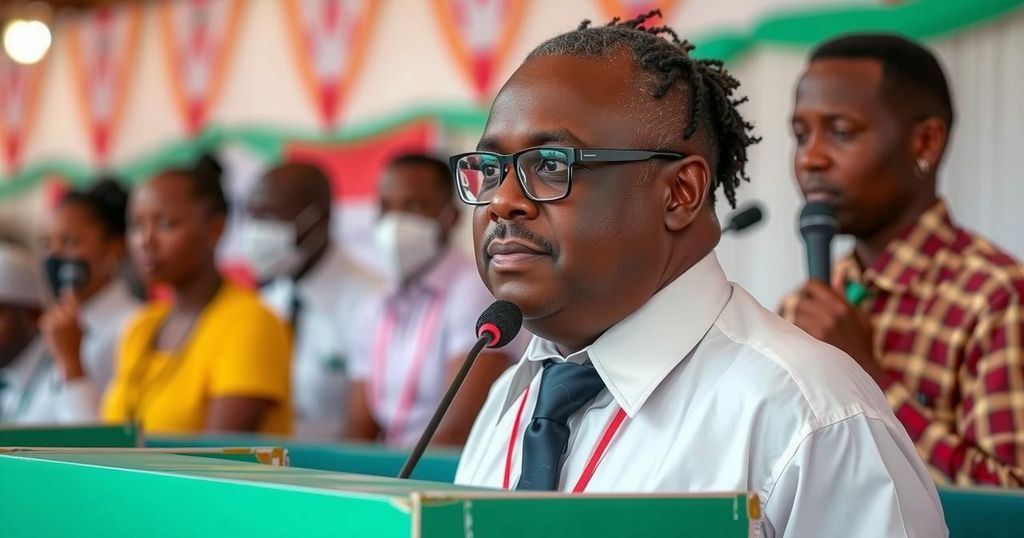Chad is holding parliamentary elections for the first time in over a decade, following a series of postponements. While the ruling Patriotic Salvation Movement seeks to legitimize its governance, several opposition parties have boycotted, citing concerns over fairness and inclusivity. With a history of political repression and economic challenges, the outcomes of these elections will be crucial for Chad’s democratic future.
Chad is conducting parliamentary, regional, and municipal elections for the first time in over a decade, marking a significant attempt by the military-turned-civilian government to establish a democratic framework after years of political stagnation. The electoral process follows the death of long-time leader Idriss Deby Itno in 2021 and the subsequent takeover by his son, Mahamat Idriss Deby, who aims to navigate the country towards stability despite criticism and calls for inclusivity from opposition parties. Opposition groups have raised concerns about the legitimacy of the elections, labeling them a “masquerade” designed to perpetuate the Deby family’s political influence in Chad.
Approximately 8.3 million out of an 18 million population are registered to vote for 188 parliamentary seats, where a majority requires 95 seats. There is a polarized political landscape, with more than 100 political parties fielding about 1,100 candidates. Several opposition parties, including the Transformers Party, have announced their boycott of the elections, stating that under the current conditions, they cannot participate in what they deem a flawed democratic process. The government has faced criticism for delaying elections since 2011, with claims of financial limitations and disruptions caused by the COVID-19 pandemic.
Despite being an oil producer, Chad remains one of Africa’s poorest nations, ranked low on the United Nations Human Development Index due to economic challenges and a history of repressive governance under the Deby family since 1991. As the elections take place amidst increased violence from regional conflicts like the Sudan war and attacks from Boko Haram, opposition leaders call for a reconsideration of election frameworks to ensure fair participation. Human Rights and civil liberties organizations have expressed concerns about the credibility of the elections and have highlighted the risks associated with the lack of full participation from opposition groups. The outcome of these elections will likely solidify the position of the ruling Patriotic Salvation Movement, further entrenching the current political status quo in Chad.
The parliamentary elections in Chad mark a critical political milestone after a decade of absence, stemming from prolonged periods of postponed elections due to claimed financial difficulties and the COVID-19 pandemic. Following the death of Idriss Deby Itno, Mahamat Idriss Deby assumed control, initiating what is seen as a difficult transition towards democracy amid significant skepticism from opposition groups. Historical context reveals Chad’s turbulent political journey, characterized by failed governance and socio-economic struggles.
In summary, the parliamentary elections in Chad are a litmus test for the nation’s democratic aspirations amid political turmoil and skepticism from opposition factions. As the ruling party attempts to consolidate power following decades of familial governance, the responses from the populace, especially the opposition parties boycotting the elections, will shape the future democratic discourse in Chad. The international community continues to watch closely, hoping for adherence to principles of democratic representation and human rights.
Original Source: www.aljazeera.com






